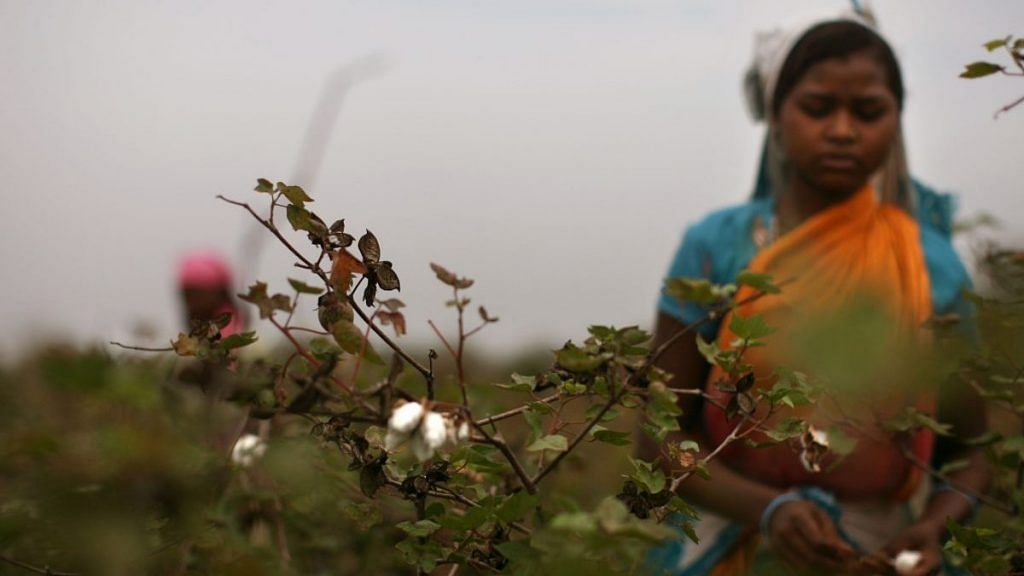M.S. Swaminathan, the father of India’s green revolution, has been widely criticised for a ‘biased’ review of GM crops that has since been pulled.
Bengaluru: Prominent geneticist M.S. Swaminathan is looking to distance himself from a controversial review of genetically modified (GM) crops that has been widely panned by the science community as “pseudoscientific”, “selective” and “flawed”.
The review, authored by geneticist P.C. Kesavan and Swaminathan, was published in the journal Current Science late last month, but pulled in light of the row it triggered.
Now, in a letter to Current Science dated 19 December, Swaminathan has claimed that his views were misrepresented in the review, adding that “in view of my extremely limited role in the paper, it would have been appropriate for Prof Kesavan to have been designated as the sole author of the paper”.
“I wish to conclude by reiterating my total commitment and support to modern technologies including genetic modification and gene editing,” he said in the letter.
Swaminathan, 93, a celebrated scientist known as the father of India’s green revolution, had claimed earlier as well that he only wrote the first and last paragraphs of the piece.
He had also attempted to clarify his position in an email exchange with K. VijayRaghavan after the principal scientific adviser to the government of India termed the paper “deeply flawed” on Twitter.
Also read: How MS Swaminathan, father of India’s Green Revolution, got GM crops ‘all wrong’
Explaining himself
GM crops are plants that have been reared with the genes of another species to reflect or temper certain characteristics.
The Kesavan-Swaminathan paper was criticised for presenting selective and wrongful data to malign GM crops and the inherent technology, and undermining their benefits.
According to the paper, Bt Cotton — an insect-repellent GM crop, and the only one used commercially in India — had failed. It mentioned several examples of GM crops being pulled off the market for adverse effects on consumers, but failed to mention those that continue to be sold and consumed without complaints.
The review has also prompted several point-by-point rebuttals from GM researchers and scientists, who called out the authors for cherry-picking data and clarified the individual cases used as examples in the paper.
Swaminathan had earlier clarified, both in the email exchange as well as in interviews, that he supported GM technology and was only concerned about their sustainability.
